Republished from the Brandon Sun print edition February 13, 2016
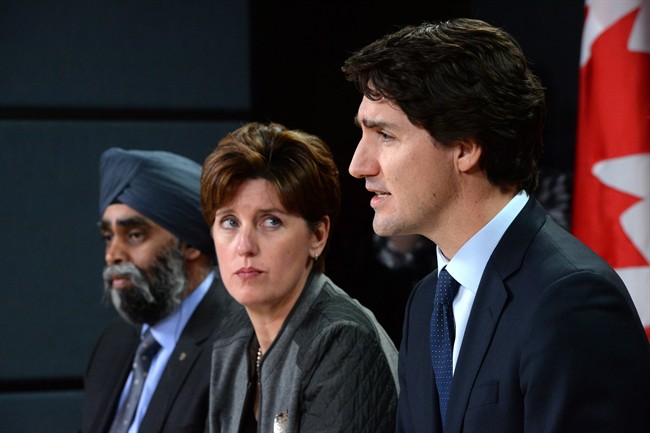
Long before becoming prime minister, Justin Trudeau touted his plan for putting people in positions where their strengths could be on display. His latest play may ultimately test that skill as Canadians change how they fit into the bigger picture battling the rebel militant group ISIL.
Appearing before the National Press Theatre in Ottawa earlier this week, Trudeau — flanked by Defence Minister Harjit Sajjan and Minister of International Development Marie-Claude Bibeau — laid out the Liberals’ plans for pulling the controversial CF-18 fighter jets out of the embattled Syrian region and upping the Canadian commitment to the mission by putting more forces on the ground.
The Liberals are following through on an election promise to scale back the Canadian air combat efforts in the war-torn state. Their hope is to accomplish this by mobilizing more training forces to work with allies in the region in an attempt to help stabilize the area. Roughly 200 more soldiers will be on the ground but will not be in what is considered an “active combat” scenario.
It is a somewhat far-fetched concept that Canadians won’t be forced to engage militants at some point, a fact that was quietly shared by Canadian Forces Gen. Jonathan Vance.
With that said, the idea seems to make sense for what our government is able to commit to in the fight against ISIL. It also is a clear indicator that Trudeau is prepared to go out on a limb in carrying through on his election promises.
The idea that Canadians would change strides from the CF-18 missions to a “boots on the ground” scenario is clearly a more volatile position as there is a greater risk to Canadian lives in this scheme.
It also appears to be something the Conservatives are looking to score cheap political points on by challenging Trudeau and the Liberals on their stance, calling the move “wrong-headed.”
Interim Conservative Leader Rona Ambrose also challenged the prime minister on his personal position, stating that “if he doesn’t think we should use our military against this group, I don’t know when he would think we should ever use our military.”
I’m not sure what Ambrose thinks troops on the ground are, but clearly to most Canadians they represent a large portion of what constitutes the military.
The Liberal strategy is about making a wise decision with resources, and calculating the best possible option for Canadians to assist in the region — both of which point to the training plan.
The Canadian impact of CF-18s in the region was minimal, with only 20 per cent of missions actually resulting in attacks on targets. Not to demean the bravery of the soldiers and pilots in the fight, but Canada was a small player as part of the coalition working in the region.
Where our troops are, and will continue to be, most effective is on the ground, training and assisting our allies in stabilizing the area. Canadians have long been very adept in this role, and it harkens back to the days when our military took an active role in peacekeeping throughout the world.
The best approach the Trudeau government could take when addressing Ambrose’s comments is to do as their predecessors did and simply ignore them.
This government rose to a majority mandate on their plan for Canadians. The Conservatives, however miffed they are about having failed in 2015, are in that position for a reason. They lost a connection with the ideals of everyday Canadians — something, although at times unpopular, the Liberal government is trying to engage in again.
The very fact that this government is open to discussing their position, or for that matter speaking to the media about it, is a step in the right direction.
The prime minister’s first 100 days in office have flown by, but there have been plenty of accomplishments of note in hitting that first benchmark.
Those accomplishments include finally having a government launch an inquiry into missing and murdered aboriginal women, embarking on true Senate reform discussions, achieving gender parity in cabinet, welcoming refugees to this country, attending to and assisting in helping devise a plan to buoy Alberta during the oil slump, and finally engaging veterans again in their care and well-being following service.
There are many challenges that lie ahead, including the fight against ISIL, but in finding the courage of their convictions to do what they told the voters they would, Trudeau and company appear to be heading down a path of good governance for everyday Canadians.
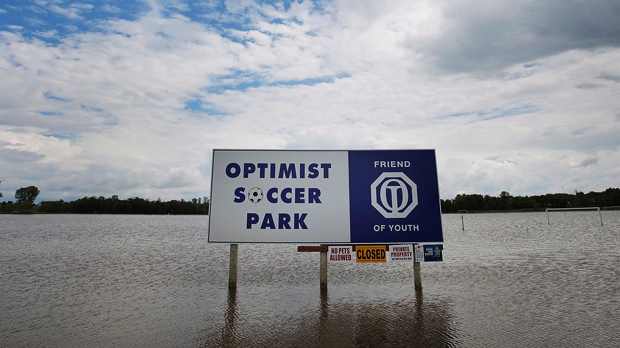
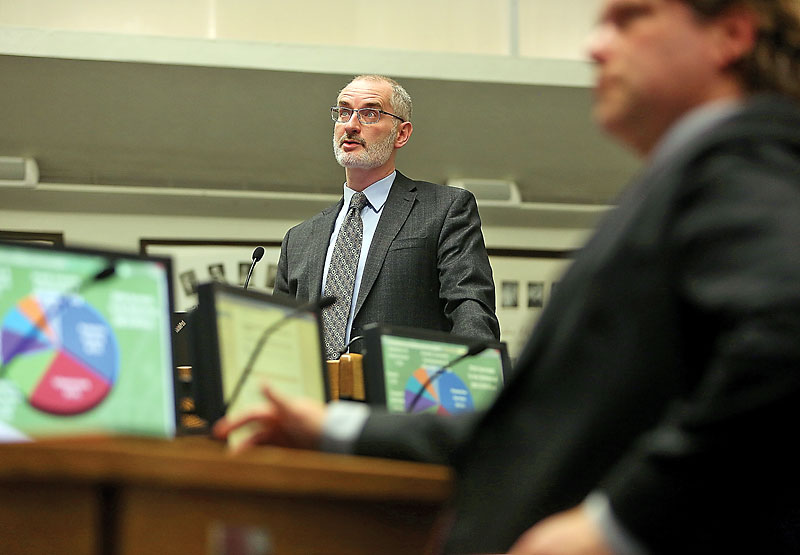
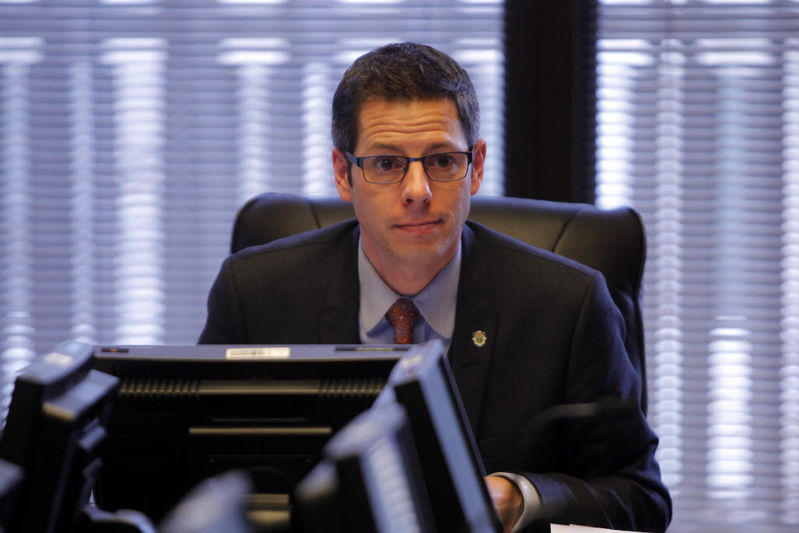
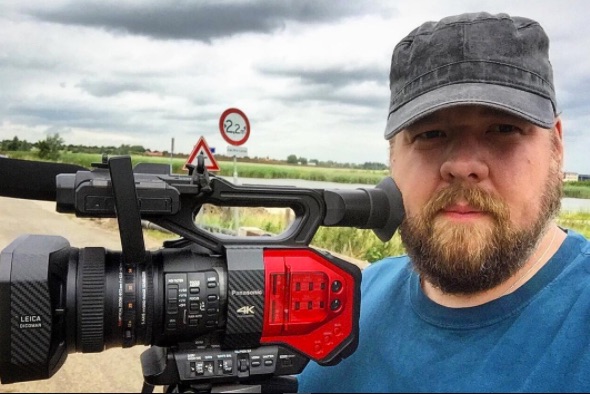
Social Profiles